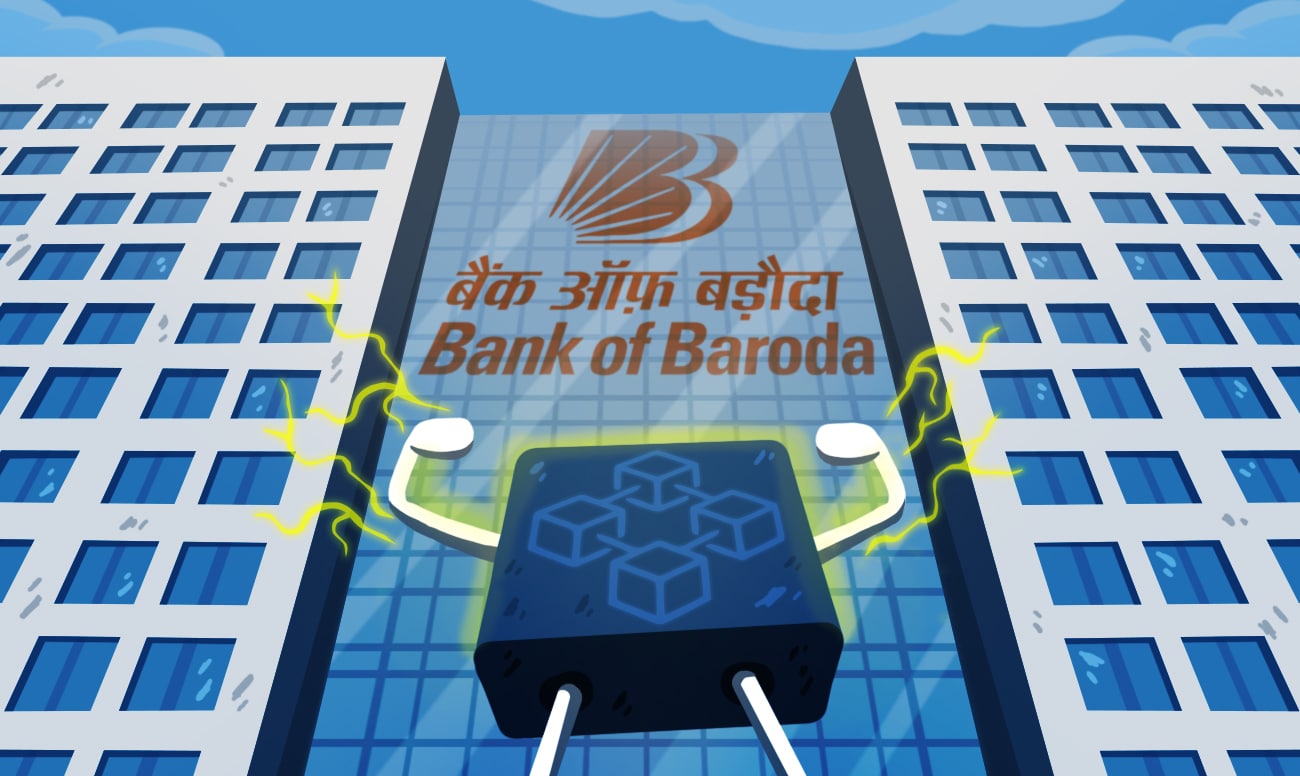Indian International Bank Relies on Blockchain to gain Market Traction

During an interview with MoneyControl.com, Akhil Handa, Head of Fintech & Partnerships and Mobile Banking at Bank of Baroda, explains how the bank is keeping up with the time thanks to digital innovations such as blockchain.
Laying Fertile Ground for Innovation
Bank of Baroda (BoB), the second most innovative public sector bank after SBI, is using blockchain to reduce the cost of managing accounts while focusing on improving customer service. The digital transformation of BoB is being led by Akhil Handa, a fintech entrepreneur which made the digital transition of a 110-year- old public sector bank possible.
Handa considers blockchain to be one of the best technologies that can help future growth of the banking sector. During an interview, Handa explained his views on how digital progress helped and will continue to help market penetration for the Bank of Baroda.
According to him, blockchain will disrupt the banking sector in the same way it is revolutionizing other sectors such as healthcare, energy, and retail. Thanks to some fundamental characteristics such as decentralization, immutability and transparency, blockchain can be used to provide specific financial services — like payments, remittance or securitization — without using a middleman, like a bank.
Reaping the Benefits
Handa specifies that blockchain, through the use of smart contracts, would allow automating manual processes to help corporates establish better governance and standards around data sharing and collaboration; and considering the size of the banking sector, a $ 134 trillion industry, blockchain faces a multi-billion dollar opportunity.
When asked about what blockchain projects Bank of Baroda is working on, he declares that they are “aggressively” working on some use-cases around Trade Finance, Invoice Discounting, and e-KYC. While he expects high returns with these projects, he also admits that implementing blockchain technology comes also with challenges such as interoperability with different consensus mechanisms, scalability, and initial set up costs.
However, these are problems common to all blockchains and Handa is convinced that these obstacles will be overcome in the coming years and blockchain platforms will become the basis of banking services. Handa highlights positive results obtained by several pilot projects around different financial use cases. For example, the Monetary Authority of Singapore (MAS) and Bank of Canada (BOC) leaned on the distributed platforms Corda and Quorum to successfully complete a cross border payment.













